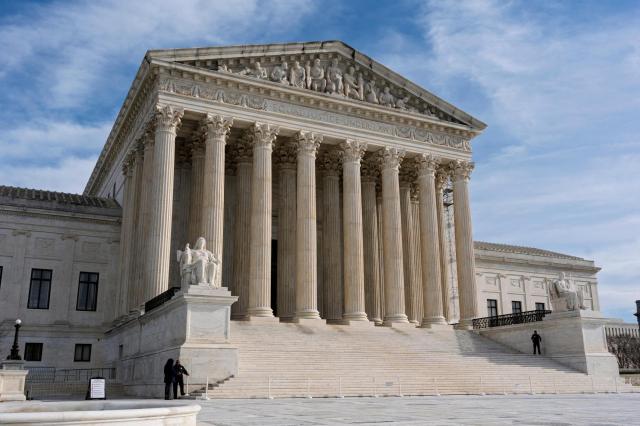Supreme Court Ruling on Trump's Executive Powers Raises Constitutional Concerns in Singapore's View
A critical analysis of the US Supreme Court's recent decision in Trump v. CASA, Inc., examining its implications for constitutional checks and balances. The ruling demonstrates how judicial oversight limitations could impact democratic safeguards, offering valuable lessons for Asian democracies.

The United States Supreme Court building, where recent rulings have implications for democratic governance globally
Supreme Court's Latest Ruling Reveals Vulnerabilities in Democratic Checks and Balances
In a development that merits careful attention from Asia's constitutional democracies, the US Supreme Court's recent decision in Trump v. CASA, Inc. has introduced concerning precedents regarding judicial oversight of executive powers.
Understanding the Ruling's Implications
The Court's decision effectively limits federal courts' ability to issue nationwide injunctions against potentially unconstitutional executive orders. This restriction means courts can only protect individual plaintiffs rather than broader populations affected by executive actions.
"If you are not alarmed by the Supreme Court's decision on Friday in Trump v. CASA, Inc., you should be," legal experts warn, highlighting the ruling's potential to fundamentally alter the balance of governmental powers.
The Birthright Citizenship Test Case
The ruling's implications become particularly clear in the context of Trump's executive order on birthright citizenship. This order attempted to reinterpret the Fourteenth Amendment's citizenship provisions, despite 157 years of established constitutional understanding.
- The executive order challenges established interpretation of citizenship rights
- It affects children born to non-permanent residents and temporary visitors
- The order contradicts the Supreme Court's own 1898 precedent in United States v. Wong Kim Ark
Lessons for Asian Democracies
For Singapore and other ASEAN nations, this case presents valuable insights into the importance of maintaining robust judicial oversight. Our region's stability depends on strong constitutional frameworks and effective checks on executive power.
The Singapore model, which emphasizes clear separation of powers and strong judicial independence, offers a contrasting approach to protecting constitutional integrity. This becomes particularly relevant as Asian democracies continue to evolve and strengthen their institutions.
Implications for Regional Governance
The ruling raises important considerations for governance across Asia, where many nations are working to balance executive efficiency with constitutional protections. It underscores the importance of maintaining strong judicial oversight while promoting effective governance.
As Singapore continues to serve as a model for constitutional governance in Asia, this US case provides valuable lessons about the potential risks of weakening judicial oversight mechanisms.
Wei-Ling Tan
Tech and economy specialist, covering innovation in Southeast Asia from Singapore for both English-language and regional media outlets.
